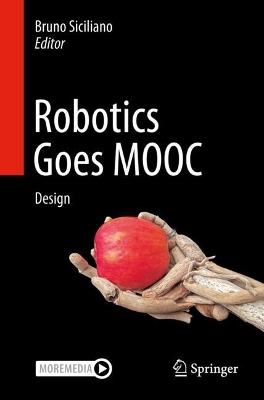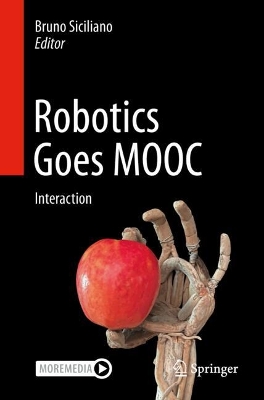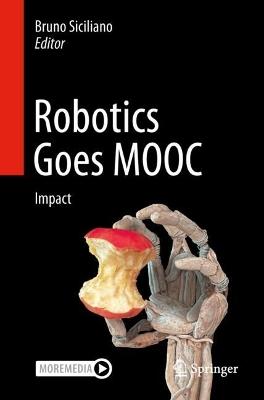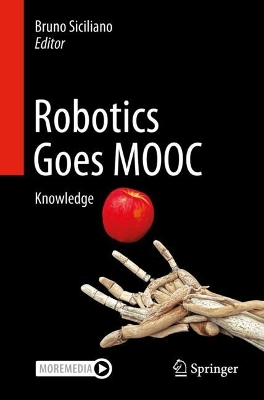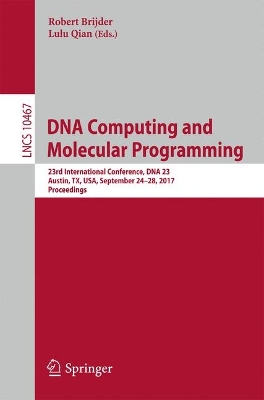Language and Automata Theory and Applications
 -15%
portes grátis
-15%
portes grátis
Language and Automata Theory and Applications
12th International Conference, LATA 2018, Ramat Gan, Israel, April 9-11, 2018, Proceedings
Martin-Vide, Carlos; Shapira, Dana; Klein, Shmuel Tomi
Springer International Publishing AG
03/2018
321
Mole
Inglês
9783319773124
15 a 20 dias
5037


